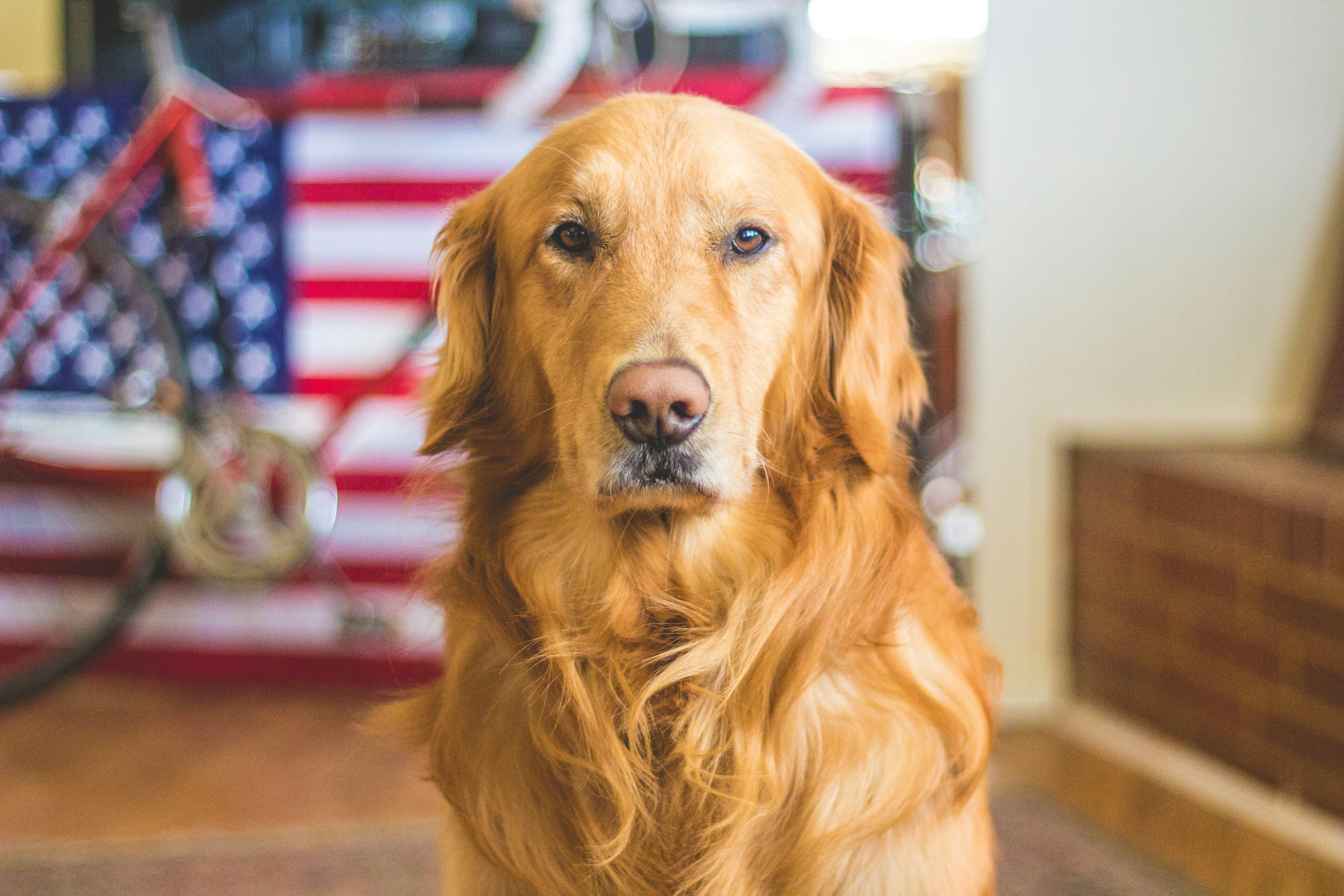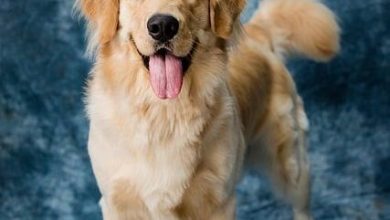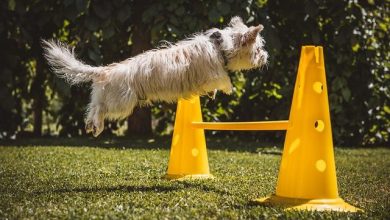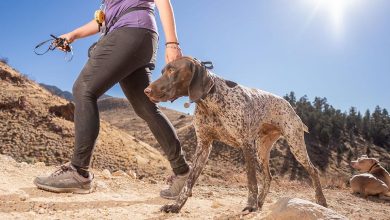Training Your Dog to Behave Calmly in Public Places

Training your dog to behave calmly in public places is an essential aspect of responsible pet ownership. Whether you’re strolling through a bustling park, visiting a friend’s home, or dining at a pet-friendly café, a well-behaved dog can enhance these experiences for both you and those around you. This article aims to guide you through effective strategies and techniques to help your dog remain composed and obedient in various public settings. By understanding your dog’s behavior and implementing consistent training practices, you can ensure that your outings are enjoyable and stress-free for everyone involved.
Understanding Canine Behavior in Public Environments
When training your dog to remain composed in bustling public spaces, understanding their behavior is crucial. Dogs are naturally curious creatures, and their reactions to new environments can range from excitement to anxiety. Recognizing the signs of stress, such as excessive panting, yawning, or a tucked tail, can help you address their needs promptly. Socialization plays a key role in preparing your dog for these situations. Gradually introducing them to various stimuli like bicycles, crowds, and other animals can desensitize them to potential triggers.
Here are some tips to ensure a smooth experience:
- Positive Reinforcement: Reward calm behavior with treats or praise to encourage good habits.
- Consistent Commands: Use clear and consistent commands to guide your dog’s actions.
- Leash Training: Practice walking on a leash in quiet areas before tackling busier locales.
- Regular Breaks: Give your dog time to relax and regroup, especially during long outings.
By focusing on these strategies, you can help your dog navigate public environments with confidence and ease.

Effective Techniques for Teaching Calmness to Your Dog
To cultivate a sense of calmness in your dog when venturing into bustling public spaces, it is essential to employ techniques that foster relaxation and focus. Begin with consistent training sessions in a controlled environment, gradually introducing distractions to simulate real-world scenarios. This helps your dog become accustomed to various stimuli without becoming overwhelmed. Utilize the following strategies to support your training efforts:
- Desensitization: Gradually expose your dog to different sounds and sights they may encounter in public, such as traffic noises or crowds, starting from a distance and slowly decreasing the gap.
- Positive Reinforcement: Reward calm behavior with treats or praise to reinforce the desired state of mind. This encourages your dog to associate calmness with positive outcomes.
- Structured Walks: Maintain a steady pace and direction during walks, using commands like “sit” or “stay” to keep your dog focused and composed.
Incorporating these techniques into your regular training routine will not only help your dog remain calm in public but also enhance their overall obedience and confidence.

Choosing the Right Tools and Equipment for Public Outings
When preparing for a successful public outing with your dog, it’s crucial to select the right tools and equipment that will help maintain their calm behavior. Start with a well-fitted harness or collar. A harness can provide more control and prevent choking, while a collar might be sufficient for dogs already accustomed to public settings. Ensure the fit is snug but comfortable to avoid any discomfort or slipping out. Additionally, consider using a retractable leash for areas where you want to give your dog some freedom, or a short leash for crowded places where close control is necessary.
Aside from leashes and collars, think about carrying a small bag of treats to reward good behavior, which reinforces positive actions during the outing. Portable water bowls are also a must to keep your dog hydrated, especially during warmer weather. Dog waste bags are essential to ensure you can clean up after your pet, maintaining cleanliness and courtesy in public areas. Lastly, if your dog tends to get anxious or overwhelmed, a calming spray or pheromone collar might be beneficial to soothe them during the outing. With the right equipment, you’ll be better prepared to manage your dog’s behavior and ensure a pleasant experience for both of you.
Practical Steps to Reinforce Positive Behavior in Public Spaces
To ensure your furry friend remains composed in bustling environments, it’s crucial to lay a strong foundation through consistent training and understanding. Begin by introducing your dog to various public settings gradually. This helps them acclimate to different sights, sounds, and smells, reducing anxiety and promoting calm behavior. Make use of positive reinforcement techniques such as treats, praise, and petting when they display the desired behavior. Consistency is key; ensure that every family member or handler uses the same commands and rewards system.
- Practice Commands at Home: Before venturing out, ensure your dog is familiar with basic commands like sit, stay, and leave it. This familiarity will help them feel more secure and responsive in unpredictable public scenarios.
- Utilize Desensitization: Gradually expose your dog to common public distractions such as bicycles, strollers, or other dogs. Begin at a distance and slowly decrease the gap as your dog becomes more comfortable.
- Leash Training: Invest in a sturdy leash and practice walking in controlled environments. Teach your dog to walk beside you without pulling, ensuring a more enjoyable experience for both of you in public spaces.
- Be Patient and Observe: Dogs, like humans, have good and bad days. Stay patient and attentive to your dog’s body language. If they seem overwhelmed, give them a break or retreat to a quieter area to regroup.



